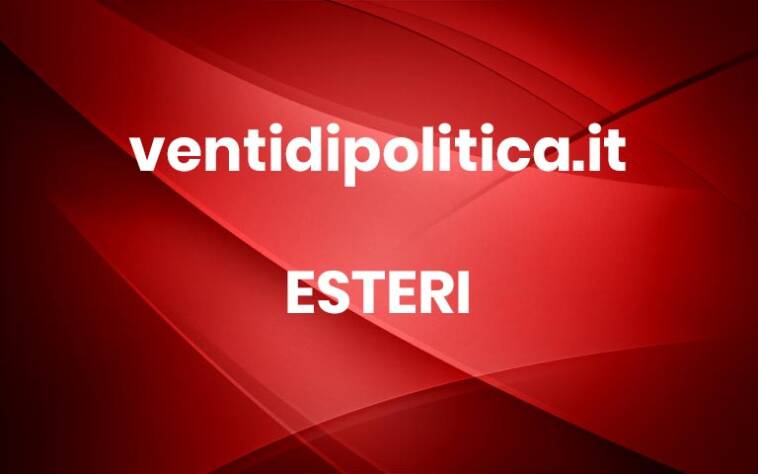EU IDEA project: differentiated integration has to be used “very carefully” in the Western Balkans
Brussels – “We have to be very careful, because if we go too far with differentiated integration outside the European Union, it can bring to disintegration”. Dragan Tilev, State Counselor at the Secretariat for European Affairs of the Republic of North Macedonia, is convinced that the path to EU accession for the Western Balkans has to follow “a new methodology, addressing all the open issues with more unity and pragmatism”.
In a nutshell, these are the challenges for the European Union dealing with the enlargement process and with the future EU membership of the Western Balkans’ countries. Tilev gave a keynote speech during the conference Differentiated Integration and the Western Balkans, organized by the Institute for Democracy ‘Societas Civilis’ (IDSCS) today (Friday 17 December) within the framework of EU IDEA – Integration and Differentiation for Effectiveness and Accountability.
EU IDEA is a project funded by the European Commission under the Horizon2020 programme and led by Istituto Affari Internazionali (IAI), with the participation of Eunews as media partner, EU IDEA addresses differentiation and integration issues in order to find viable solutions to the current challenges that the EU is facing.
Dragan Tilev, State Counselor at the Secretariat for European Affairs of the Republic of North Macedonia
Opened by the remarks by Nenad Markovikj, Professor at Faculty of Law at Ss. Cyril and Methodius University in Skopje and member of the Executive Board at Institute for Democracy ‘Societas Civilis’, the conference focused on the causes and consequences of this approach in the Western Balkans. “EU accession negotiations frameworks impose differentiated integration to the countries that are not still part of the European Union”, Tilev stated. “This is a fact and a necessity in times of crisis, also considering the different national interests”, he added. However, “nowadays the enlargement process is endangered by the disunity of the 27 Member States“, as the case of the accession of North Macedonia shows: “The different position of Bulgaria, which is blocking the starting of negotiations, is deteriorating the situation”. The European Union should also “accelerate on the negotiations with Serbia and Montenegro, play a key-role in the stabilization of Bosnia and push for visa liberalization in Kosovo”.
Considering all these challenges, during the EU IDEA conference, Sandra Lavenex, Professor of European and International Politics at the University of Geneva, wondered “under which circumstances, differentiated integration can be effective and legitimate“, even if this is “something that will last in the future and will affect Western Balkans’ governments”. Denis Preshova, Assistant Professor at the Faculty of Law at Ss. Cyril and Methodius University in Skopje and Associate Researcher at IDSCS tried to focus on the positive aspects of this approach: “There is a nexus between pre-conditionality and the EU accession process, for example on the respect of Rule of Law”. Since the European Union “is becoming more active in reducing the heterogeneity of judicial systems in the enlargement process”, differentiated integration “is dealing with different judicial systems”.
In this sense, at the end of the whole process, the scenario in the Western Balkans could be “more harmonized that the one in Eastern Europe”, Preshova underlined. Ivan Damjanovski, Associate Professor at the Faculty of Law at Ss. Cyril and Methodius University in Skopje, stressed that the concept of Rule of Law: “will lead to more uniformity of the judicial systems”. At the same time, “more integration is also needed, in particular through the collaboration with the EU agencies”, such as Frontex and Europol.
Despite the current problematic issues, “we are talking about a privileged partnership”, Damjanovski stated. For Matteo Bonomi, Research Fellow at the Istituto Affari Internazionali (IAI), “the role of the EU on integration, migration and foreign policy is a complex puzzle“. For example, in the Western Balkans “we see more and more political alignment, but it does not mean that the economical and institutional situation goes hand in hand”.
Senem Aydin-Düzgit, Professor of International Relations at the Faculty of Arts and Social Sciences at the Sabancı University, recalled her intervention during another EU IDEA conference held in March: “External differentiated integration sometimes limits the flexibility in collaborative initiatives of EU Member States”, not only in the Western Balkans. “Formally, Turkey is a candidate to the EU accession, but the degree of cooperation depends on the level of political alignment with the partner“, Aydin-Düzgit concluded.
At the conference of the Institute for Democracy ‘Societas Civilis’ (IDSCS) in Skopje, the EU IDEA panel discussed how differentiated integration affects the Western Balkans countries and their accession process LEGGI TUTTO


